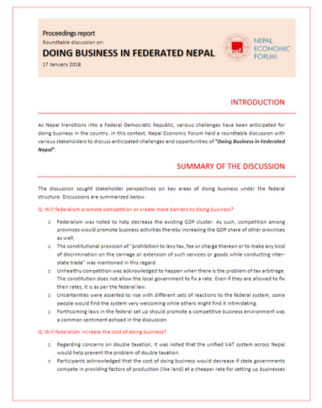
Nepal Economic Forum (NEF) held a roundtable discussion with various stakeholders to discuss anticipated challenges and opportunities of “Doing Business in Federated Nepal”. The discussion sought stakeholder perspectives on key areas of doing business under the federal structure.
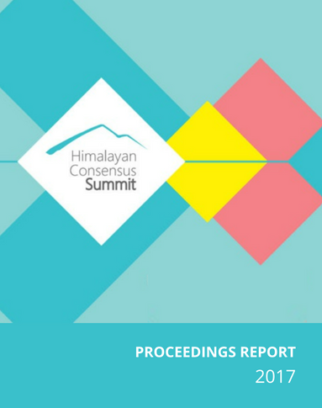
This year’s Himalayan Consensus Summit determined the need for the Himalayan Consensus process to establish a crisis prevention and conflict mediation facility as a core objective for the coming year.
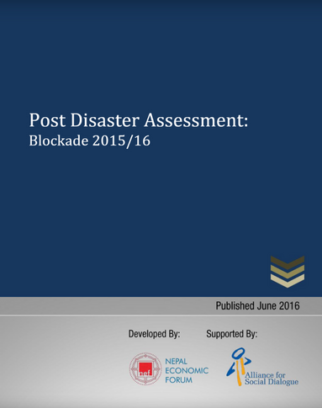
Following the six month long blockade, Nepal Economic Forum undertook a study to determine the socioeconomic impacts of the 2015/16 blockade. The study commissioned by the Alliance for Social Dialogue, aims to comprehend the depth and breadth of the impact on important sectors of the economy, and based on the findings suggests measures which could make the economy more resilient to such shocks in the future.
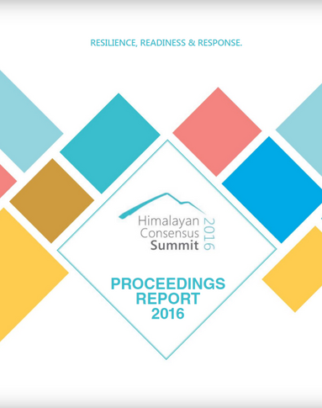
The first Himalayan Consensus Summit (HCS) was held on March 17 and 18, 2016. The agenda of the HCS program is to design and create sustainable alternative solutions based on grass root and alternative efforts that are being developed.
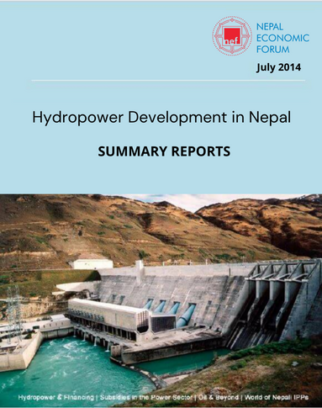
This document is an extract from a report commissioned by the Royal Norwegian Embassy in Nepal on “Hydropower Development in Nepal”. This document is solely the work of Nepal Economic Forum. The information documented and the views expressed by this economic periodical do not necessarily reflect the ideas of the Royal Norwegian Embassy.
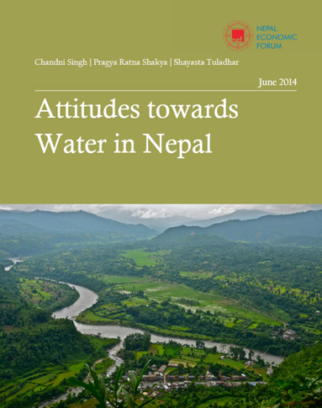
This report delves into the attitudes towards water management in Nepal and explores the transboundary relationship with India in terms of the same. This results of this study are based on 50 face to face interviews and 150 email based surveys conducted with key stakeholders in the public, private and development fields.